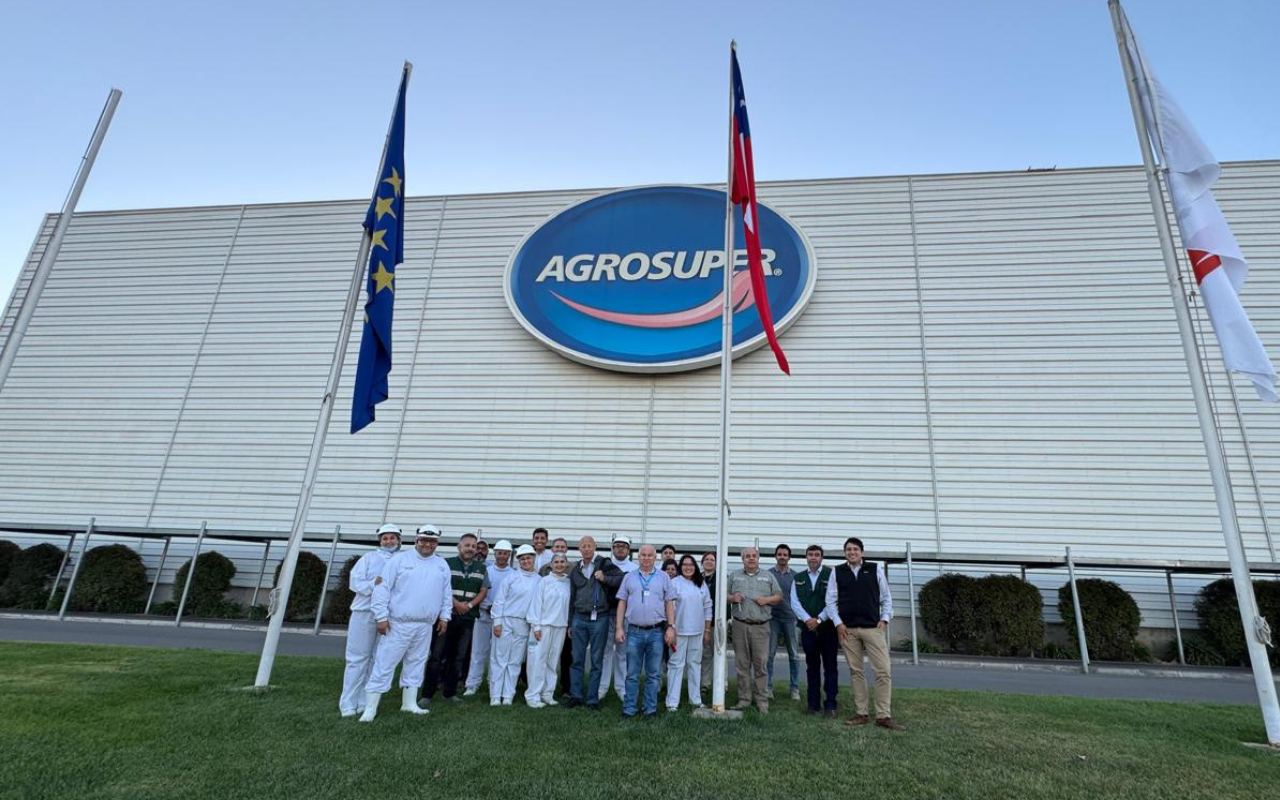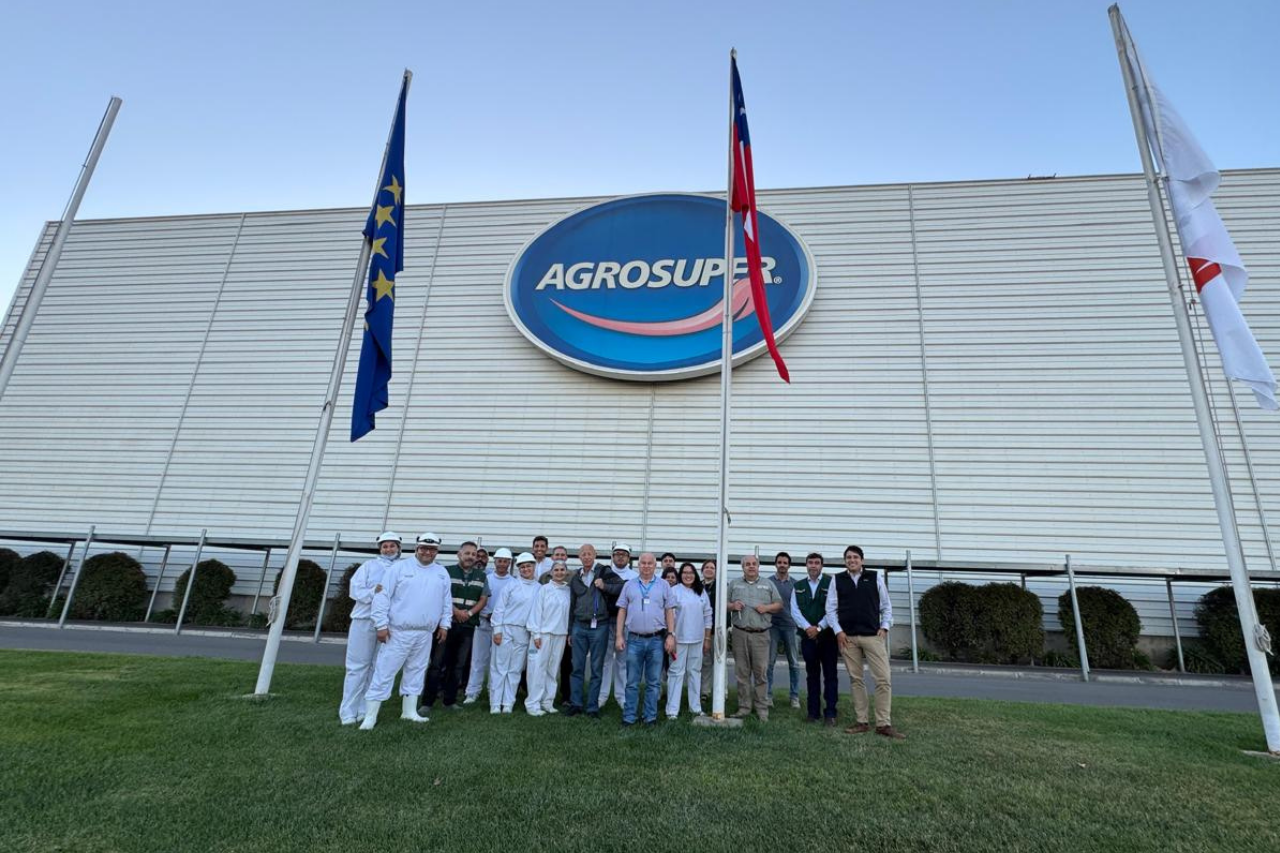
EU audit confirms Chilean pork industry’s compliance with health requirements
Inspections of slaughter plants concluded without critical findings, therefore maintaining the European Union authorization, one of the most demanding and strategic for Chilean and international exports. The recent EU audit of Chile’s official certification system included the inspection of three pig slaughter plants (two belonging to Agrosuper and one to Comafri), along with other livestock […]

Inspections of slaughter plants concluded without critical findings, therefore maintaining the European Union authorization, one of the most demanding and strategic for Chilean and international exports.
The recent EU audit of Chile’s official certification system included the inspection of three pig slaughter plants (two belonging to Agrosuper and one to Comafri), along with other livestock facilities, as part of the compliance monitoring process with the EU’s hygiene and health requirements.
The technical review covered requirements related to infrastructure, food safety, training, traceability, microbiological and parasitic controls, and compliance with animal welfare standards during transportation and slaughter. The main focus was on the role of the Agricultural and Livestock Service (SAG), which is responsible for ensuring that the national system meets the standards required by the EU.
The European market is strategic for the Chilean pork industry. In addition to being one of the most technically demanding export destinations, its approval serves as a benchmark for other international markets, particularly those that recognize EU-authorized plants. This certification, in place for over 25 years, marked the starting point for Chile’s work on health authorizations and trade agreements.
The selected plants prepared for the audit with a comprehensive review of their internal procedures, records, and infrastructure, along with support from ChileCarne in updating regulations, gathering historical findings, and coordination with SAG.
The role of the association in this process is key. Ongoing support for companies is essential to ensure they stay in line with the requirements —both official and unofficial— imposed by various international markets. This ranges from regulations affecting production on farms or animal feed manufacturing to specific requirements at the slaughterhouses or for distribution. It also involves assessing how these requirements fit the capabilities and conditions of the Chilean production system, considering lessons learned from previous audits by foreign authorities, and fulfilling the commitments made to each market. Based on this analysis, protocols are updated, operational practices are adjusted, and internal readiness audits are conducted by the technical team.
At the recent EU exit meeting, no critical observations were identified that could jeopardize the current authorization. While the EU raised some issues related to SAG’s procedures and controls, these are already being addressed before receiving the final report. The draft will be sent within 60 days, and Chile will have 30 days to respond. The process is expected to be completed within 90 days.
